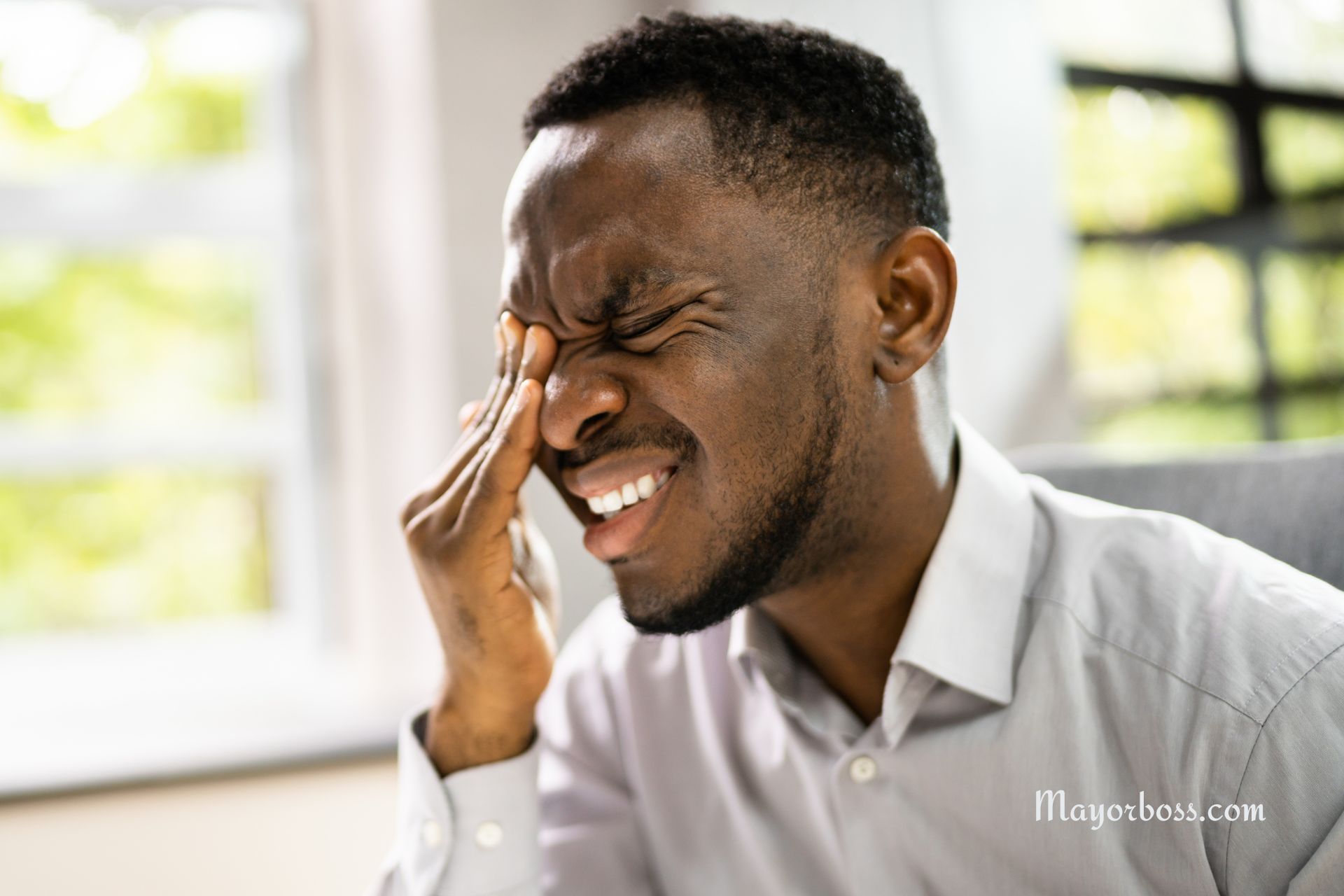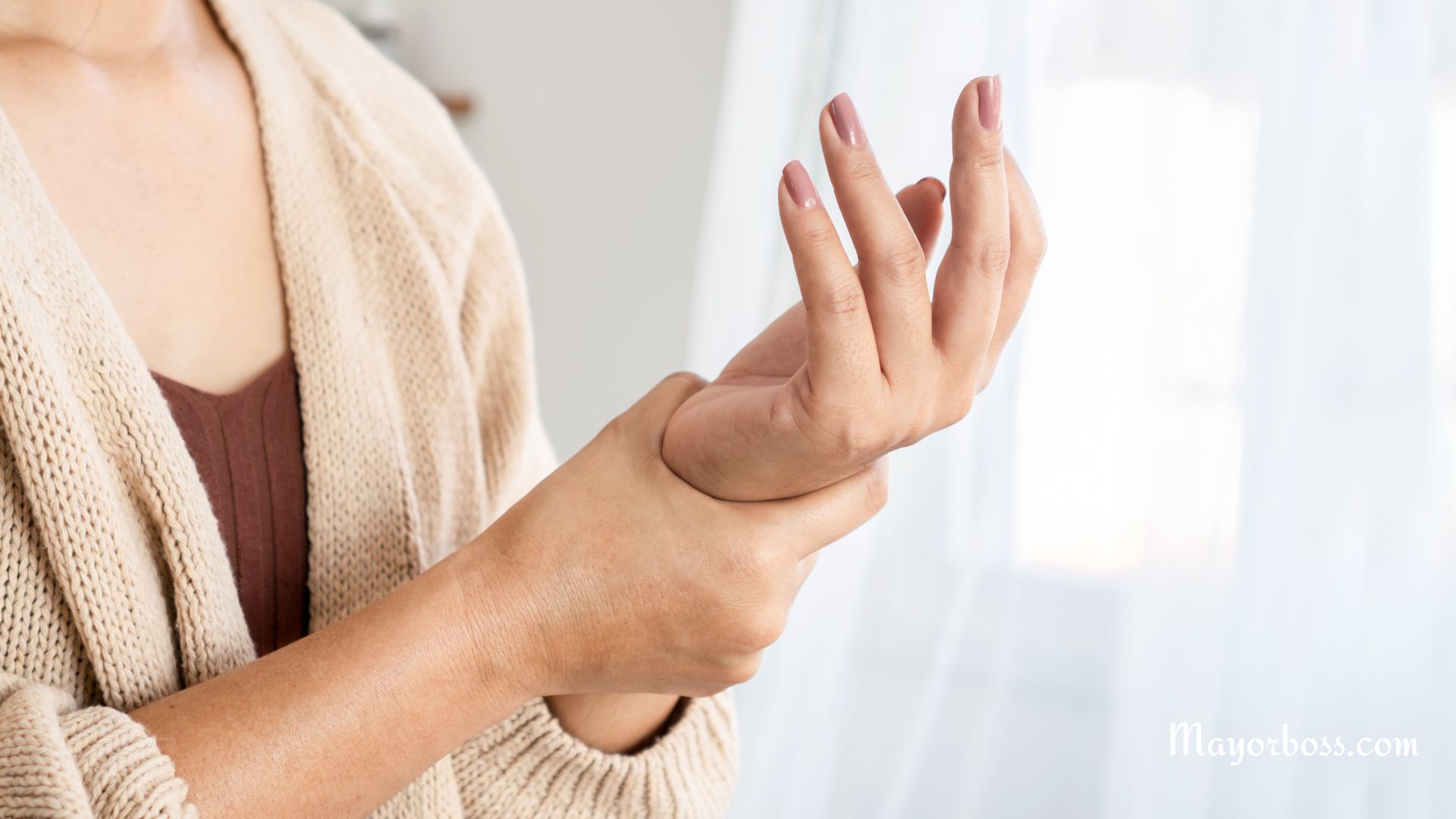Hay Fever: What You Need to Know
Hay fever, another name for allergic rhinitis, is an allergic reaction to airborne allergens, particularly pollen. It’s not caused by hay and doesn’t lead to a fever, despite the name. It causes cold-like symptoms, including a runny or stuffy nose, itchy eyes, sneezing, and congestion. Though it can be uncomfortable, you’ll find various ways to manage and alleviate symptoms.
What is Hay Fever?
Put simply. Hay fever is a common allergic reaction to outdoor or indoor allergens. You can experience this reaction when you breathe in something you’re allergic to, such as pollen, dust mites, or tiny flecks of skin and urine shed by animals.
According to NHS inform, hay fever affects up to one in five people at some point in life. About 40 million to 60 million Americans suffer from Hay fever, the American College of Allergy, Asthma & Immunology noted.
Symptoms
Hay fever symptoms can vary, but you might experience:
- Frequent sneezing
- Itchy red or watery eyes
- Itchy throat, mouth, nose, and ears
- Runny or stuffy nose
- Fatigue
- Coughing
- Tiredness and fatigue
These symptoms can make you feel miserable but are generally not harmful.
What Causes Hay Fever?
Hay fever occurs when your immune system wrongly identifies a harmless airborne substance as harmful. The immune system then produces antibodies to this harmless substance. When you’re exposed to the allergen again, these antibodies signal your immune system to release chemicals like histamine into your bloodstream, causing various symptoms.
Common Allergens
How to Diagnose Hay Fever?
If you suspect you have hay fever, a healthcare provider can help confirm the diagnosis. The diagnosis may involve:
- A physical examination
- A detailed history of symptoms
- Allergy tests, such as skin prick tests or blood tests
How Can You Treat Hay Fever?
Treating hay fever usually involves addressing the symptoms. Here’s what you can do:
- Use Antihistamines: These medications can reduce sneezing, itching, and a runny nose.
- Try Nasal Sprays: Steroid nasal sprays can reduce inflammation and nasal stuffiness.
- Eye Drops: If your eyes are affected, eye drops containing antihistamines can provide relief.
- Avoid Triggers: Staying indoors during peak pollen times and keeping windows closed can help.
- Decongestants: These can temporarily relieve nasal stuffiness.
Allergy Shots
If medications and lifestyle changes aren’t enough, allergy shots might be an option. They can help desensitize you to allergens over time.
Prevention of Hay Fever
Preventing hay fever can be challenging, but here are some strategies that may help:
- Monitor pollen forecasts and stay indoors when counts are high
- Keep windows closed during the pollen season
- Wear sunglasses to keep pollen out of your eyes
- Shower after being outdoors
- Use high-efficiency filters in your home’s heating and cooling system
- Use air conditioning in your house and car






